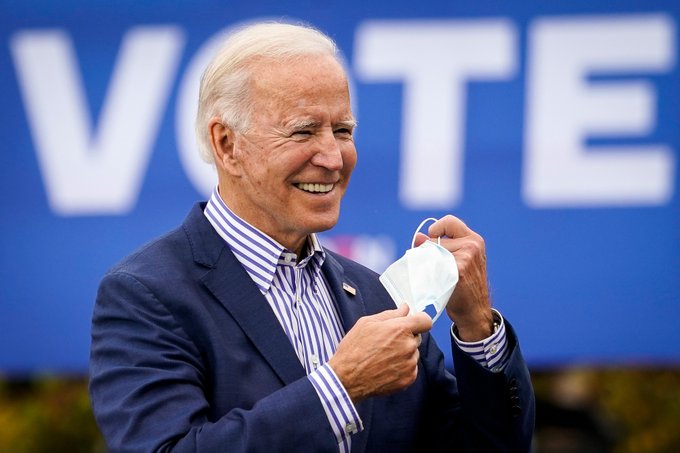Voters Deserve to Know Biden’s Stance on Court Packing
The Supreme Court has never ceased to generate controversy, and this has been made apparent yet again with the death of Justice Ruth Bader Ginsburg and her newly confirmed replacement Amy Coney Barrett. Inevitably, this controversy has bled into the 2020 presidential election, with President Trump coming under scrutiny for his swift replacement of the 27-year veteran justice. However, former Vice President Joe Biden is also garnering criticism for his refusal to take a solid stance regarding expanding the number of justices in the Supreme Court, known as packing the court. Before Biden develops and reveals his stance on the matter, much needs to be unpacked regarding what this may mean for the election and how this could affect both the judicial branch and America as a whole.
The last time a change to the number of justices serving in the Supreme Court occurred was in 1869. However, 1937 is the most historically notable and recent year when the issue of court packing rose to prominence. President Franklin D. Roosevelt sought to expand the Supreme Court so that he had more justices who sympathized with his legislature, thus making it easier to pass policies. Although Roosevelt failed to enact this proposed measure due to nearly unanimous disagreement, court packing is not deemed unconstitutional, as there is no written law that specifies a fixed number of justices that can serve on the court. However, 83 years later, Biden’s evasion of the question of whether or not he intends to pack the court after the confirmation of Justice Barrett still raises concerns among potential voters. A particular example of this was when Biden said that American voters do not deserve to know his stance on court packing. For a candidate running on the mantra of fighting for the soul of this nation, this answer seems too soulless.
Voters unequivocally deserve to know Biden’s stance on packing the court. In the homestretch of the 2020 presidential campaign, Americans should feel that the candidate they support is transparent with their views as it is the candidate’s vision for America that will ultimately shape their lives. This vision irrefutably extends to the judiciary branch, as many policies that enter the Supreme Court affect the lives of millions of Americans, such as health care, women’s rights, gun control and LGBTQ+ rights. With so many fundamental rights subject to immense change under either Democratic or Republican control, Biden must be sure to maintain his transparency as a candidate, since he has lauded himself as the more transparent candidate in this election.
During the last presidential debate on Thursday, Oct. 22, a key highlight was Biden’s claim that while he is a proud Democrat, he is running as an American president. However, by refusing to answer the court packing question, Biden seemingly contradicts this message. By not providing a concrete answer, Republicans are likely to assume that Biden intends to pack the court as a means to negate the appointment of Barrett, thus overriding a conservative-leaning court. This is bound to leave many Republicans in uproar as they will assume that Biden seeks to amplify only liberal voices and silence conservative ones.
Moreover, by not providing an answer regarding court packing, Biden is hurting his campaign as he runs the risk of alienating both swing voters and traditionally conservative voters. Biden repeatedly calls for unity as a candidate, but the longer he evades this question as we near Election Day, the further Biden may divide his base and the rest of the nation. A candidate who cannot garner unity while running a campaign will surely stumble in the final steps to Election Day. If Biden wants to avoid such a fall, he must express his standpoint on the matter, as a vote for Biden could very well be a decisive vote on what American rights will look like for all voters.
Ultimately, the packing of the Supreme Court under a potential Biden administration is highly implausible, as the number of justices has not changed since 1868 — 152 years ago. Yet the possibility should not be ruled out either, given the highly unprecedented circumstances America finds itself in. Barrett may serve as a threat to healthcare with the potential elimination of the Affordable Care Act, which keeps upwards of 17 million Americans insured. In an effort to avoid this contingency, the Biden administration may seek to expand the court to ensure that Americans’ rights to affordable health care are not stripped from them, especially in the midst of a global pandemic in which more than 220,000 Americans have died due to COVID-19.
If Biden wants to win the presidency, he should make it clear where he stands on this issue as it not only affects his election prospects but the American people: the heart and soul of the nation.
Noah Osborne, FCRH ’23, is a journalism major from Harlem, N.Y.










































































































































































































